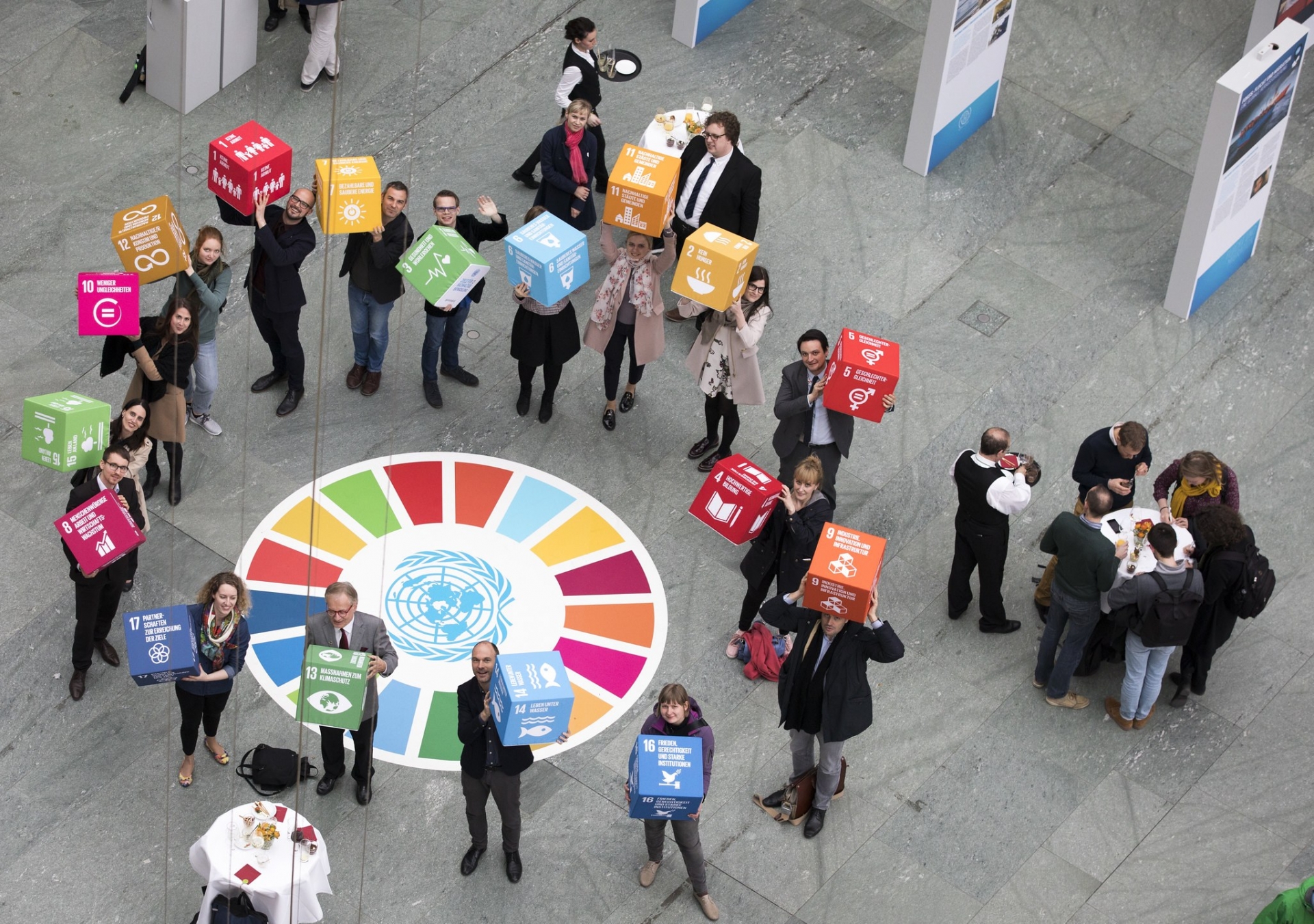Country examples to learn from
- Other countries are further along in the process than Norway, and their experiences convey that a national forum with a clear mandate is an important resource in the SDG work, says Kathrine Sund-Henriksen, director of The Norwegian Forum for Development and Environment (ForUM).
In Germany, the Council for Sustainable Development is a small expert council with members appointed by the chancellor and it is the chancellors office that funds the council. However, the council is independent and has a large secretariat that strengthens its work. When the council reaches a consensus recommendation, this has a profound influence on the German government.
The Finnish National Commission on Sustainable Development is led by the prime minister and includes members from government, parliament and the bureaucracy. It is comprised of more than 60 members and all sorts of societal actors are included, but has a small secretariat. The council functions as a «mini-Finland» where all the members of the commission influence the Finnish policies on the SDGs, but also see themselves responsible for implementation in different ways.
Mexico had no multi-stakeholder body until 2017, and the National Council that was established was led by the president and comprised of government ministers, private sector and civil society. An ambitious legislative agenda for the SDGs was also adopted and mechanisms for policy coherence implemented. The work of the council has however stagnated the last couple of years.
Opportunities for Norway
An investigation of the management and review of the Norwegian follow-up of the SDGs, carried out by the National auditor and published in 2020, pointed to many flaws in the set-up and areas for improvement. The review criticised the lack of overall governance, and highlighted the complexity of the SDG work. The experiences from other countries dictates that the overall responsibility for the SDG work, and a national forum, should be placed at the highest level of government, which in Norway is the Prime Minister’s Office (SMK).
A national forum was launched by the outgoing government of Erna Solberg in September. This forum was to be led by the prime minister herself. Currently, the new government has confirmed the forum will be continued, but that it will be led by the minister for municipalities. The new government will also revise the national action plan for the SDGs, and a hearing in parliament is scheduled for January, where ForUM will contribute.
- Norway has all the necessary elements to create a successful multi-stakeholder forum. It is important that it receives a clear and strong mandate, and that it gathers a representative group of societal actors that can really dive into the areas of the SDG work that are challenging, and propose good solutions, says Kathrine Sund-Henriksen.
What makes a good national forum?
The policy brief arrived at these recommendations for the establishment of a multi-stakeholder body in Norway:
- The forum should have a clear mandate that includes input on policy issues that are relevant to the Agenda 2030 as well as mechanisms to ensure the input is taken into account
- The forum should have representation based on the UN major groups system, but not become so large as to weaken efficiency
- The forum should have as its goal to find solutions to political dilemmas related to the Agenda 2030
- The work with the SDGs and a national forum should be connected to the Prime Minister’s Office
- The forum should have its own secretariat and a budget that ensures quality in the work
- Policy coherence for sustainable development must be the base for all the work of the forum
In addition to looking at experiences from the case countries, the policy brief has relied especially on the 2021 report Pathways for National Sustainability Development Advisory Bodies published by the Global Forum for National SDG Advisory Bodies, the UNDESA 2020 Stakeholder engagement and the 2030 Agenda – a practical guide and the 2018 OECD report Policy Coherence for Sustainable Development.
Read the brief here for more details
For questions, contact:
